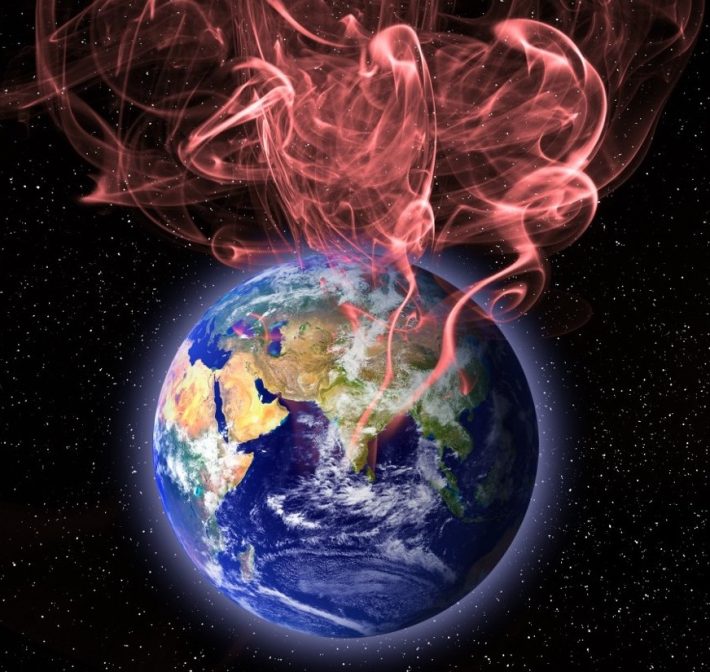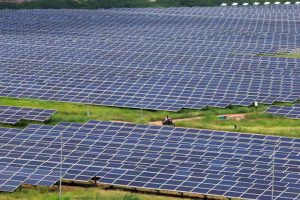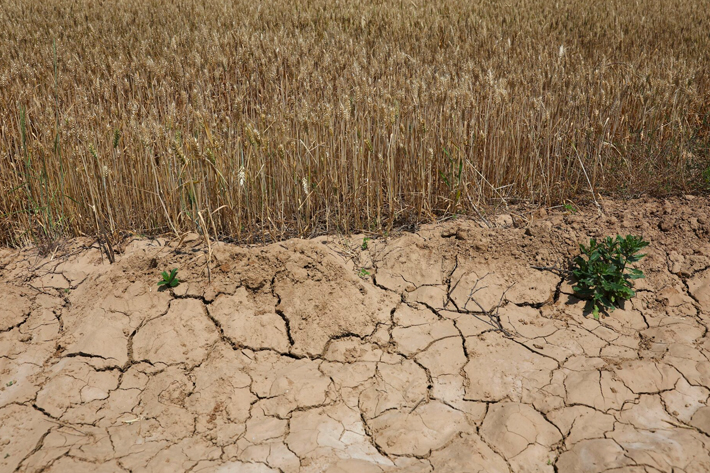International researchers fear that the amount of carbon absorbed by natural processes, such as forests, plants and soil has temporarily collapsed, according to a report by The Guardian, which cited preliminary findings by an international team that warned such sources on land “absorbed almost no carbon” last year.
There is also concern that a similar problem is occurring with the world’s oceans, the report said, explaining that glaciers on Greenland and Arctic ice sheets are melting faster than expected. And that, it said, was disrupting the Gulf Stream ocean current and slowing the rate at which oceans absorb carbon.
“For the algae-eating zooplankton, melting sea ice is exposing them to more sunlight – a shift scientists say could keep them in the depths for longer, disrupting the vertical migration that stores carbon on the ocean floor,” the report said.
“We’re seeing cracks in the resilience of the Earth’s systems .. massive cracks on land – terrestrial ecosystems are losing their carbon store and carbon uptake capacity, but the oceans are also showing signs of instability,” Johan Rockström, director of the Potsdam Institute for Climate Impact Research, told an event at New York Climate Week in September.
“Nature has so far balanced our abuse. This is coming to an end,” he said.
Read the full report: The Guardian.
ALSO SEE:
Hundreds of Billions for Climate Change Seen as ‘Realistic Goal’
Energy Emissions Set to Peak But ‘Not in Time’ For Climate Goals
BP Dumps Oil Pledge While Chasing Billions in Climate Subsidies
Floods or Drought: Climate Change Worsens Global Water Woes
Booming Solar Puts 2030 Renewable Energy Goals ‘Within Reach’
China Carbon Market Set to Include Steel, Cement, Aluminium
Extreme Weather Cost China More Than $10 Billion In July Alone
China Turns to Carbon Capture, Biomass For Coal Power Emissions
World Backs COP28 Deal to Reduce Use of Fossil Fuels
COP28: Over 110 Nations Join Deal to Triple Renewable Energy
























